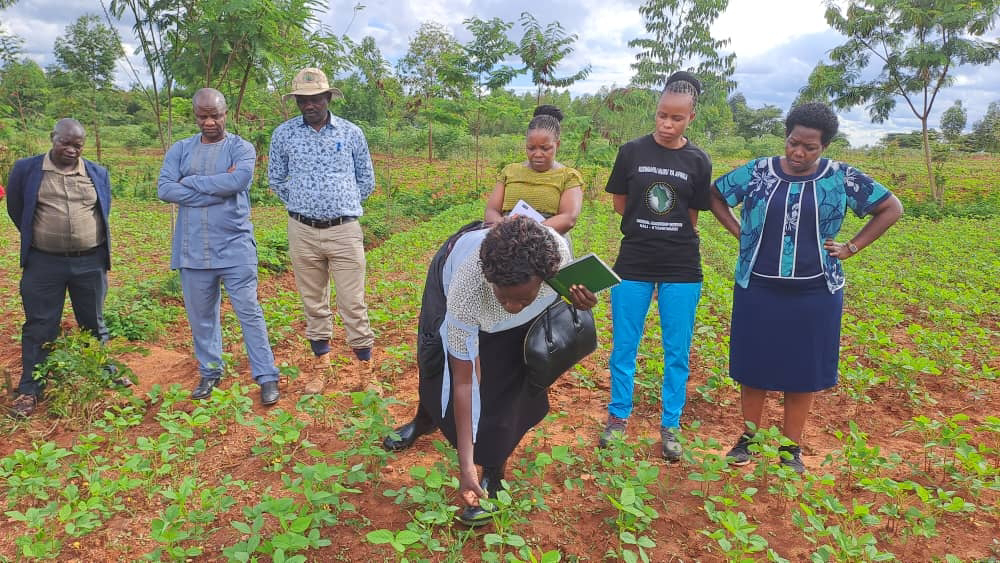African Union! A colony Of It's Own
Africa for new hope!
Whereas the African boundaries are destined to mark the tribal inclusion with cultural attachment, the ethnic norms and practices clearly give natives with similar identities and political sphere, an outlining the interests of sovereign differences.
The African Union stands at a crossroads between symbolism and sovereignty. Formed to free Africa from the vestiges of colonial domination, it too often remains constrained by the very boundaries and governance models it inherited. True liberation requires more than economic forecasts or continental summits; it demands re-centering African cultures, histories, and ancestral wisdom in the way we govern ourselves. Our borders may have been drawn with rulers and ink, but our future must be charted with memory, dignity, and unity. The test for Africa’s youth is not only to inherit these lines but to reimagine them and to build a union that is African in spirit, not colonial in design.
Africa has interesting ethnic groups who have mastered their alumni but repossess unique sentiments on cultural periahs. The attachments may not dive us deep with proper natural assimilation but the landscape is shared on corridors of power.
Emmanuel Mihiingo Kaija, a writer and author of the book: The Map
Africa's Borders, Resources and Sovereignty, as a pure scramble to draw lens and reclaim the boundaries,"This is lifted up in dedication to the ancestors who watched their lands carved by foreign hands, whose forests, rivers, and mountains were measured with rulers and ink; and to the young Africans who will redraw our destiny, who will chart a path where sovereignty, culture, and memory are inseparable from the lines on the map".
When growing up, we belonged to the society's values, now it's a mix of ideological pan African phrases.
Uganda is a member state in Africa with similar objectives for redrawing boundaries as one, with steady progress towards middle income forecasted at 2040, is another force behind uniting Africa.
This article is a drumbeat for those silenced by borders drawn in distant offices, for the communities whose forests, rivers, and plains have been carved without consent. It is a testimony to the courage of those who, armed not with rifles but with knowledge, turn cartography into a weapon of justice. From citizen-led mapping movements to the documentation of human rights violations in mining and land grabs, these stories reveal the power of seeing clearly, naming truth, and reclaiming what is ours.
Africa has always mapped its own skies, its own rivers, its own journeys—but too often, others have written the maps of its lands, its futures, and its histories. This work is an invitation to redraw those lines, not as outsiders might, but as inheritors of memory and custodians of destiny. It calls upon scholars, activists, elders, and youth to understand that to reclaim the map is to reclaim the drumbeat of our own stories.
Let this book be both a mirror and a call to action—a reflection of the stolen roads and a vision of the paths we will walk ourselves. Because until the lion learns to draw, the map will always show the hunter’s road.
— Emmanuel Mihiingo Kaija
To be continued....





Comments
Post a Comment